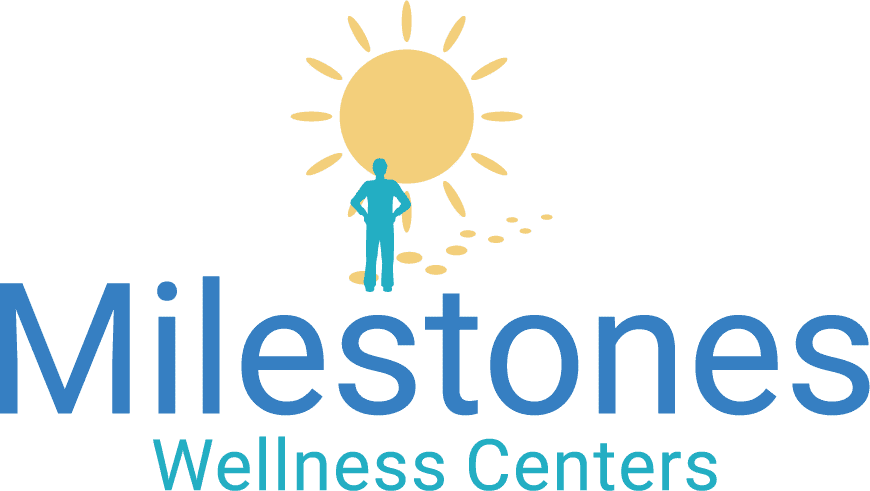
Substance Use Disorders Glossary
Substance use disorders affect millions of people.
These disorders occur when frequent use of alcohol or drugs causes health or social problems. Having an informed understanding of key terminology can help people better comprehend substance use disorders. This substance use disorders glossary defines common vocabulary applicable to these conditions.
Substance Use Disorders
A substance use disorder is a diagnosable condition characterized by the use of drugs or alcohol causing clinically significant impairment. These disorders encompass mild, moderate, and severe variants. Specific diagnoses depend on the substance used and the symptoms displayed.
Substance Abuse
Substance abuse refers to any recurring use of alcohol or drugs causing problems. These problems can be social, occupational, educational, physical, mental, or legal. Substance abuse differs from substance dependence in that it does not involve drug tolerance, withdrawal, or compulsive use patterns.
Tolerance
Tolerance means needing higher doses of a substance to achieve effects originally produced by lower amounts. This happens because the body adapts to the substance used. Higher doses become necessary to mimic the original response.
Physical Dependence
Physical dependence references the adaptation by the body to the drug’s presence. Sudden substance cessation triggers withdrawal symptoms. This occurs because the body must re-adapt to function without the compound. Dependence can happen with drugs used appropriately under medical supervision, not just recreational use.
Withdrawal
Withdrawal signifies physical and psychological symptoms triggered by abruptly stopping substance use after heavy, prolonged intake. These symptoms can be extremely uncomfortable, even life-threatening. The body has become dependent on the substance to function properly. Removing the substance suddenly essentially shocks the body.
Craving
Craving denotes an intense urge to use a substance. This impulse persists despite acknowledging adverse consequences. Cravings may come and go but tend to increase during withdrawal or when reminded of pleasurable drug effects. A multitude of triggers can spark cravings.
Anhedonia
Anhedonia represents an inability to feel pleasure. It often results from substance abuse altering neurotransmission involving dopamine pathways. Anhedonia may persist for weeks or months into recovery, causing depression or lack of motivation. Fortunately, normal pleasure response tends to return over time.
Co-Occurring Disorders
Co-occurring disorders describe simultaneous substance use disorders and mental health conditions. Also called dual diagnosis, this is highly prevalent since mental illness can spark self-medication, leading to addiction. Vice versa, long-term substance abuse can precipitate psychiatric disorders. Both require integrated treatment.
Detoxification
Detoxification signifies clearing toxins from the body. Medical detox entails supervision by doctors, easing withdrawal using medications. Detox alone seldom cures addiction but helps stabilize individuals enough to participate in treatment.
Behavioral Therapies
Behavioral therapies represent treatment approaches focused on changing unhealthy behaviors around substance use. These aim to modify deeply ingrained addiction-promoting habits, replace them with healthier coping skills, prevent relapse, and promote positive life balance.
Drug Rehab Aftercare
Aftercare references ongoing recovery support after completing formal rehab treatment. Such continued care improves long-term outcomes by providing ongoing therapies, relapse prevention education, community referrals, recovery coaching, self-help groups, and other tools needed to maintain sobriety.
Cross-Addiction
Cross-addiction means replacing one addiction with another instead of overcoming substance dependence. This often happens when focusing solely on the problem substance without developing essential coping skills. Quitting drugs cannot occur in isolation for sustained success.
Substance Abuse Resources
Numerous resources exist for those struggling with substance abuse issues. Reach out to national hotlines providing 24/7 assistance with treatment options and counseling. Local community health clinics, therapists specializing in addiction psychiatry, support groups, and faith-based organizations offer wonderful assistance to facilitate recovery.
The substance use disorders glossary contains many key terms worth understanding. This glossary defines common vocabulary relevant to substance use disorders. Familiarity with these concepts helps people comprehend core issues, challenges, and solutions related to drug dependence.
If you have inquiries about our treatment services, don’t hesitate to contact us today.
Online Opiate Addiction Treament
Online Suboxone Treatment
Suboxone is a prescription medication used to treat opiate use disorder. It is a combination of two drugs, buprenorphine and naloxone, and works by reducing cravings and withdrawal symptoms.
Learn MoreTelehealth Services
When an in-person visit is not necessary, a virtual visit is a great substitute. The telemedicine services at Milestones Wellness Centers provide patients with a variety of benefits.
Learn MoreOpioid Addiction Counseling Services
We provide a new way of thinking with Individual, Group, and Family counseling services throughout your journey of sobriety.
Learn More

